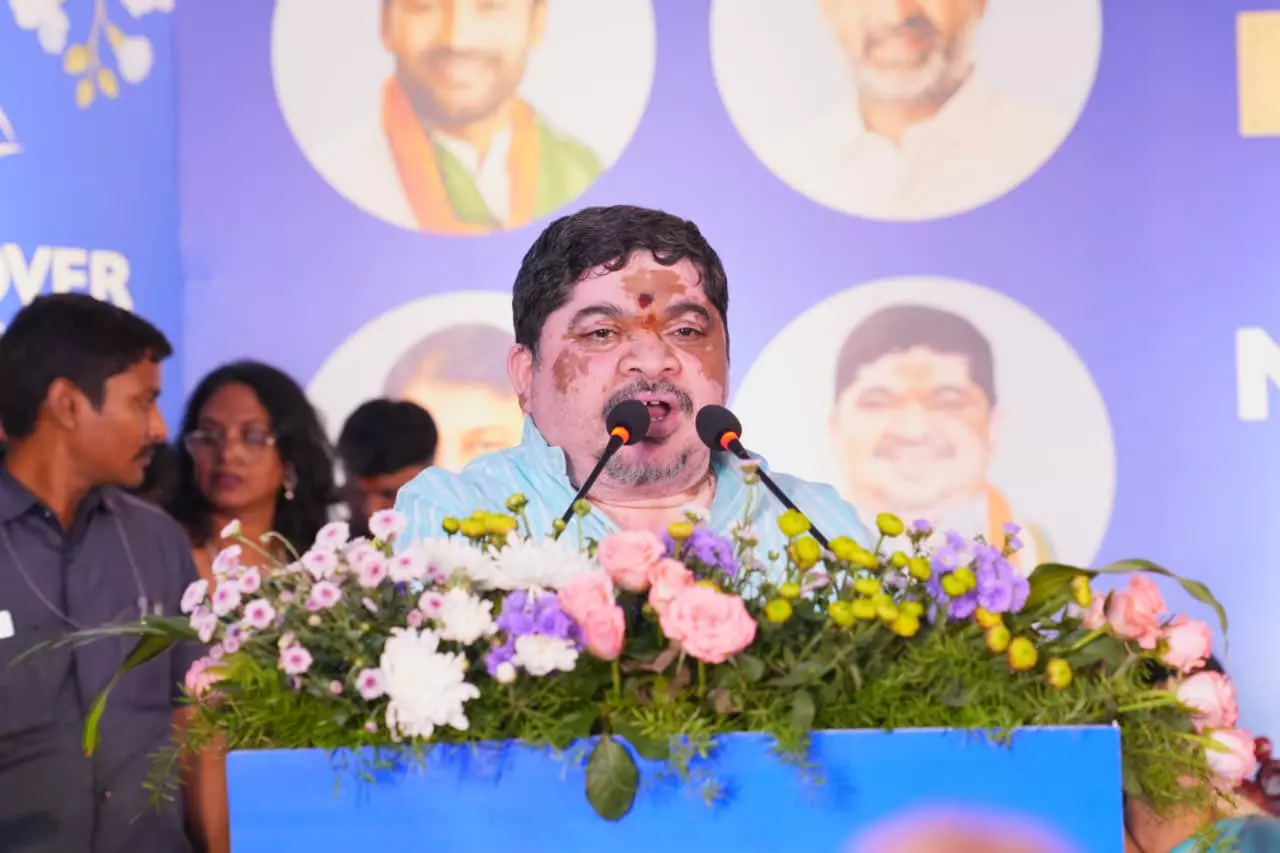Family fights for legislation to be passed following son’s death from brain-eating amoeba infection

COLUMBIA, S.C. (WIS) – Following their 12-year-old son’s death from a rare brain-eating amoeba infection, a family is now fighting for legislation and increased awareness about this issue.
The Carr family lost their son, Jaysen, a rising 8th grader at Hand Middle School, after he contracted a rare brain-eating amoeba infection from swimming in Lake Murray during a 4th of July outing.
Jaysen’s parents, Clarence and Ebony, say their son had a special presence both on and off the baseball field.
“He wanted to go to the MLB and we honestly believe he would have made it,” Ebony said.
Clarence said it’s hard to remember Jaysen without smiling.
“It hurts to think about him, but when you do, all you can do is smile,” he said. “So it’s really awkward because most of the time when I’m smiling, I have tears falling.”
He said that his son will always be remembered for his kind heart and the way he loved everyone.
“He accomplished what I really wanted him to do, and that was to become a better version of myself. And he had figured it out at 12 years old,“ he said.
Clarence also recounted a special memory he had of Jaysen’s daily nighttime routine.
“There wasn’t a night that he didn’t find me, no matter where I was in the house. If it was his bedtime, no matter how big and tough he got, he would find me and hug me and wrap himself around me and give me a kiss and say, ‘Goodnight, Dad, I love you.’ And it absolutely kills me that I won’t ever hear that again,” he said.
That 4th of July outing was Jason’s first time swimming in the lake. His parents say it’s devastating to think about the day.
“There’s a possibility that I sat on that boat watching my child have the time of his life and not knowing that he’s getting injured, and I’m watching it,” Clarence said.
The Carrs understand that it is common to find the amoeba, Naegleria Fowleri, in warm freshwater areas across the country.
What they don’t understand, however, is why South Carolina does not issue public advisories about this amoeba, like other states, such as Louisiana.
“We had none of that. And it’s not fair for another parent to have to go through this, all from not having a simple warning of what’s out there, what could possibly happen, and to just make wise decisions. That’s all we’re asking,” they said.
While experts say infection is rare, the Carrs wonder if those statistics are accurate since these cases are not required to be officially tracked.
“Well, how do we know if that number is correct when it’s not mandated that it’s a reportable incident? How do we really know that it’s only 10 cases? It’s very misleading,” Clarence said.
The Carr family is calling on state lawmakers and health officials to do more to educate the public about this issue.
“Put some laws out there that require these agencies or officials to put the PSAs out there,” Ebony said. “If it’s in the water, put some PSAs out there that when the temperatures start to rise, that these become deadly, and let them do what they will with the information. But you can’t not do anything.”
Clarence and Ebony said they are so grateful for every doctor, nurse, technician and other care provider at Prisma Children’s Hospital for doing what they could to try and save Jaysen’s life.
“It really says something different when you see doctors and nurses going in and out of the room in tears and refusing to give up. They gave him every chance that they could, and we’re forever grateful for all of them,” Clarence said.
His parents say that they are grateful for the community’s support, and they want Jaysen’s legacy to be protecting other children.
“Everyone has just wrapped their arms around us and we can’t thank them enough,” Clarence said. “And we would be devastated if something like this happened to one of their children. And we can’t let that happen again. We have to address this.”
Feel more informed, prepared, and connected with WIS. For more free content like this, subscribe to our email newsletter, and download our apps. Have feedback that can help us improve? Click here.



